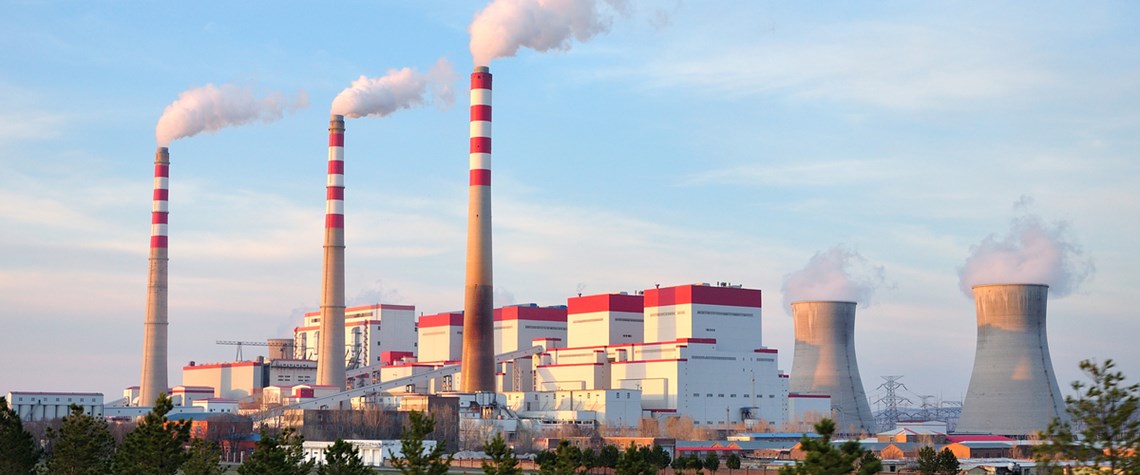PE Live: Development goals impacting Asia-Pac transitions
The need to build power capacity fast enough to support rapid economic growth while ensuring security of supply means that decarbonisation cannot be the primary objective
The speed of national energy transitions in the Asia Pacific region is being determined by the need to balance development goals with ambitions to decarbonise economies, an expert panel agreed on a PE Live webcast last week. “We operate in a region of the world that is growing very rapidly,” says Luca Tonello, general manager at Japanese bank Sumitomo Mitsui Banking Corporation (SMBC). “It needs economic development to be supported with… electrification, access to power and infrastructure. That enables economic development to take place and living conditions to improve. This is the dilemma.” While governments must be mindful of this reality, there is a clear desire to engage in the transitio

Also in this section
9 January 2026
A shift in perspective is needed on the carbon challenge, the success of which will determine the speed and extent of emissions cuts and how industries adapt to the new environment
2 January 2026
This year may be a defining one for carbon capture, utilisation and storage in the US, despite the institutional uncertainty
23 December 2025
Legislative reform in Germany sets the stage for commercial carbon capture and transport at a national level, while the UK has already seen financial close on major CCS clusters
15 December 2025
Net zero is not the problem for the UK’s power system. The real issue is with an outdated market design in desperate need of modernisation







